Augustin Hadelich, Hannu Lintu - Sibelius, Adès: Violin Concertos (2014) CD-Rip
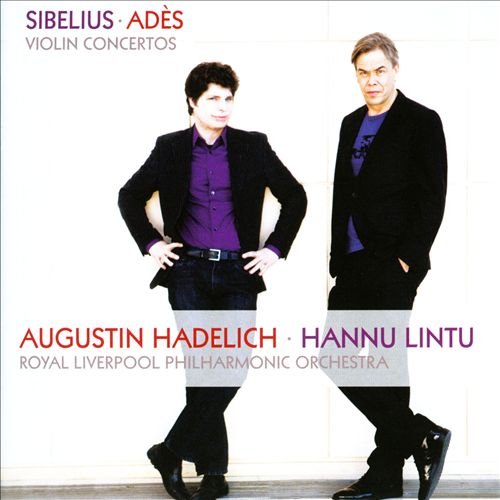
Artist: Augustin Hadelich, Hannu Lintu
Title: Sibelius, Adès: Violin Concertos
Year Of Release: 2014
Label: Avie Records
Genre: Classical
Quality: FLAC (image+.cue,log,scans)
Total Time: 60:50
Total Size: 328 Mb
WebSite: Album Preview
Tracklist: Title: Sibelius, Adès: Violin Concertos
Year Of Release: 2014
Label: Avie Records
Genre: Classical
Quality: FLAC (image+.cue,log,scans)
Total Time: 60:50
Total Size: 328 Mb
WebSite: Album Preview
Thomas Adès (b.1971)
[1]-[3] Violin Concerto 'Concentric Paths'
Jean Sibelius (1865-1957)
[4]-[6] Violin Concerto in D minor, Op.47
Three Humoresques
[7] Humoresque in D major, Op.87 No.2
[8] Humoresque in G minor, Op.89 No.2
[9] Humoresque in E flat major, Op.89 No.3
Performers:
Augustin Hadelich violin
Royal Liverpool Philharmonic Orchestra
Hannu Lintu conductor
What immediately strikes the potential buyer about this British release is the unusual program: the Violin Concerto in D minor, Op. 47, of Jean Sibelius is paired not with Tchaikovsky or Beethoven or any of its other usual partners, but with the Violin Concerto "Concentric Paths" by Thomas Adès, a work that has been recorded only once before. Rising German-Italian violinist Augustin Hadelich addresses the question in his own notes, writing that "CD programs that I like the most are ones where the pieces are connected, but in a subtle way." The connections here involve the "deep, rumbling timpani and low winds in the Sibelius concerto" and its rhythmically oriented qualities (exemplified, perhaps, in the famed foot-tapping syncopations of the finale), which Hadelich finds reflected in the registral extremes and driving rhythms of the Adès. The listener will have to decide how well this works. Both works make substantial demands on both soloist and orchestra. The Adès is of a different weight from the Sibelius, much shorter and of a cool neo-classic mold, and however much conductor Hannu Lintu and the Royal Liverpool Philharmonic Orchestra try to purge the Sibelius of Romantic excesses, it still seems to come from a different world from that of Adès. On the other hand, the three Sibelius Humoresques, from the Op. 87 and Op. 89 sets, that round out the program tend to support Hadelich's argument: the extreme high registers of the violin part, expertly negotiated here, throw the scope of the rest of the program into relief. Hadelich is a fine Sibelius interpreter, capable of high energy and hair-trigger tension that can be dialed back for the lyrical episodes, and the bottom line is that listeners might want to forget about the grand concept and pick this for the rigorous Sibelius reading, with strong sound a plus.
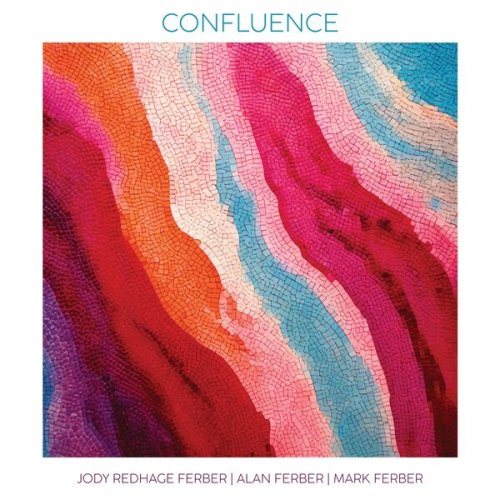
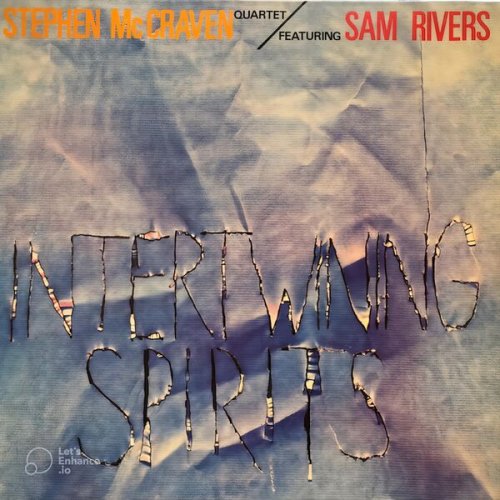
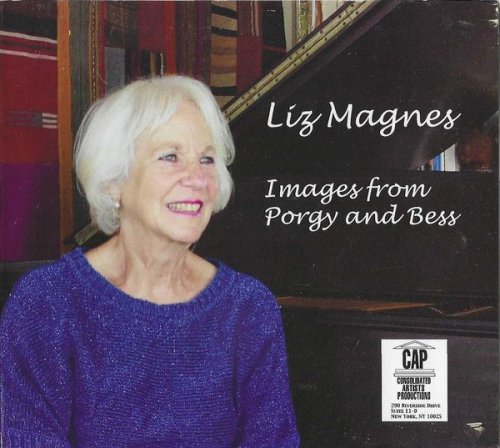
![Nectar Woode - Live at Village Underground (Live At Village Underground) (2025) [Hi-Res] Nectar Woode - Live at Village Underground (Live At Village Underground) (2025) [Hi-Res]](https://img.israbox.com/img/2025-12/15/eiazyx7yigt2lhbv1tcd3eos6.jpg)
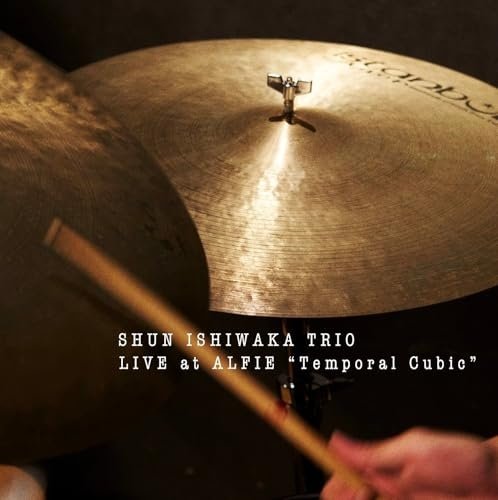
![Sibel Köse Septet - In Good Company (2025) [Hi-Res] Sibel Köse Septet - In Good Company (2025) [Hi-Res]](https://www.dibpic.com/uploads/posts/2025-12/1765846644_uizwujac4ht2d_600.jpg)


